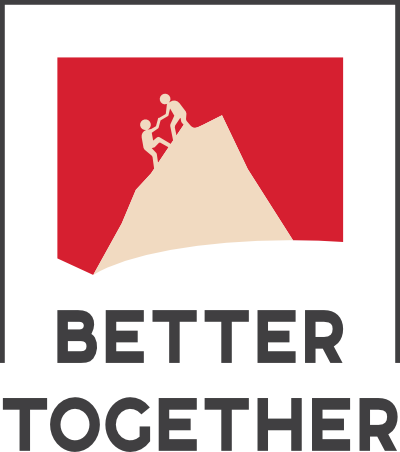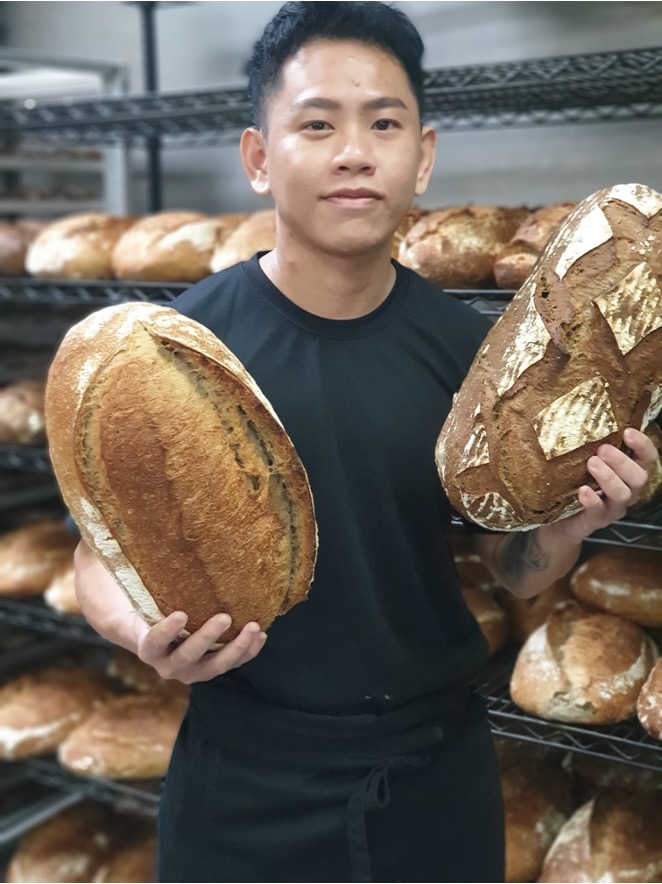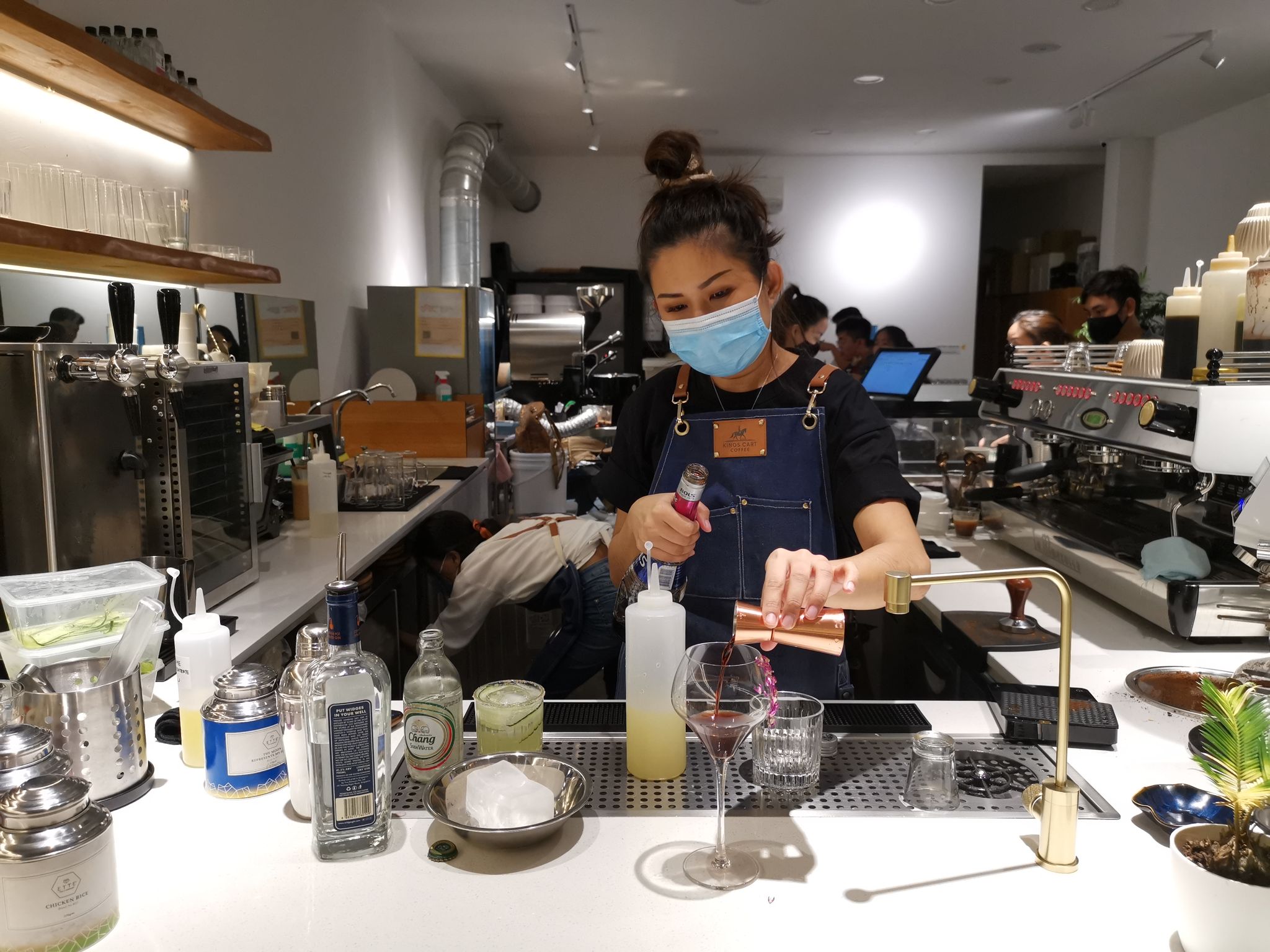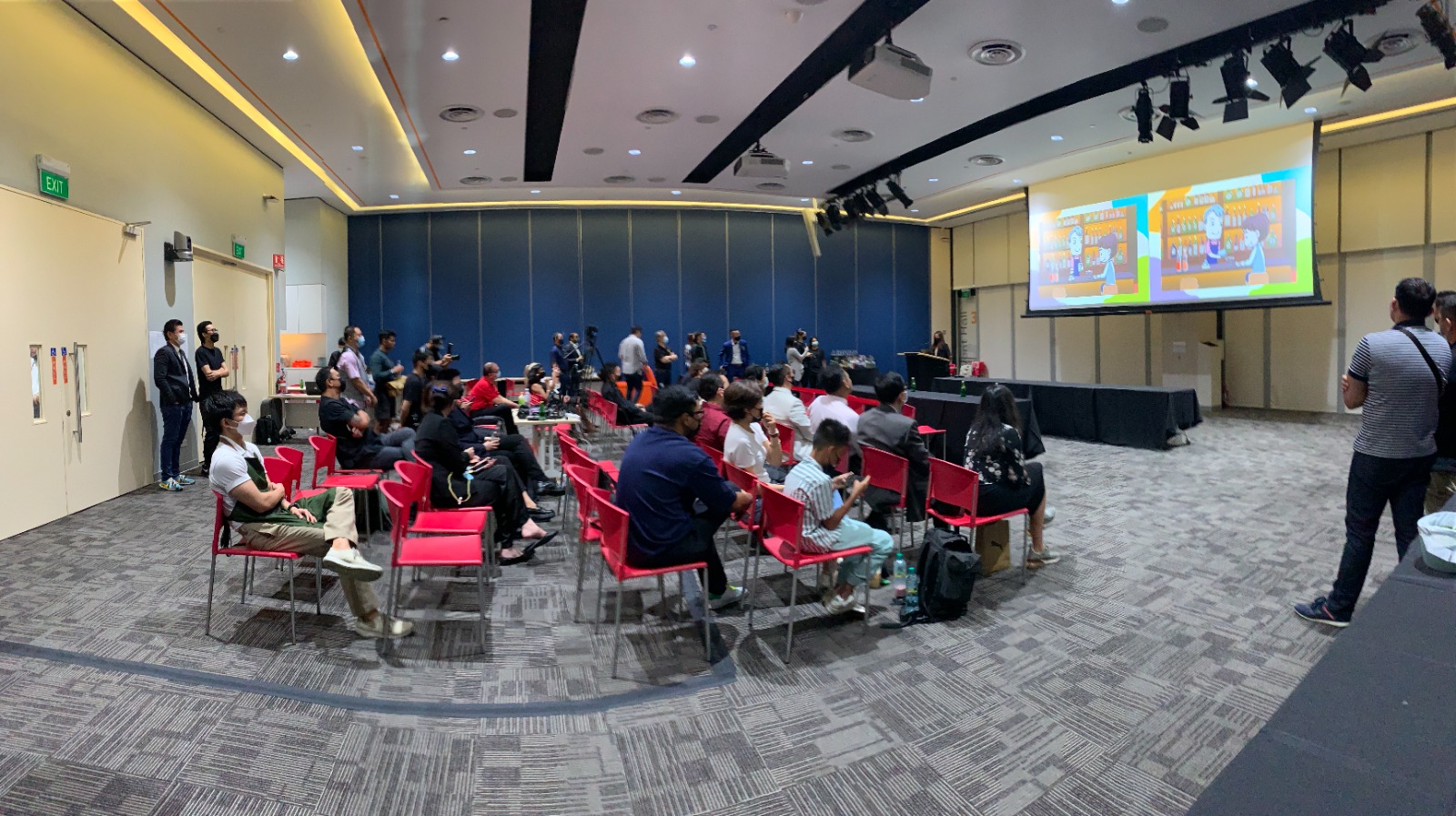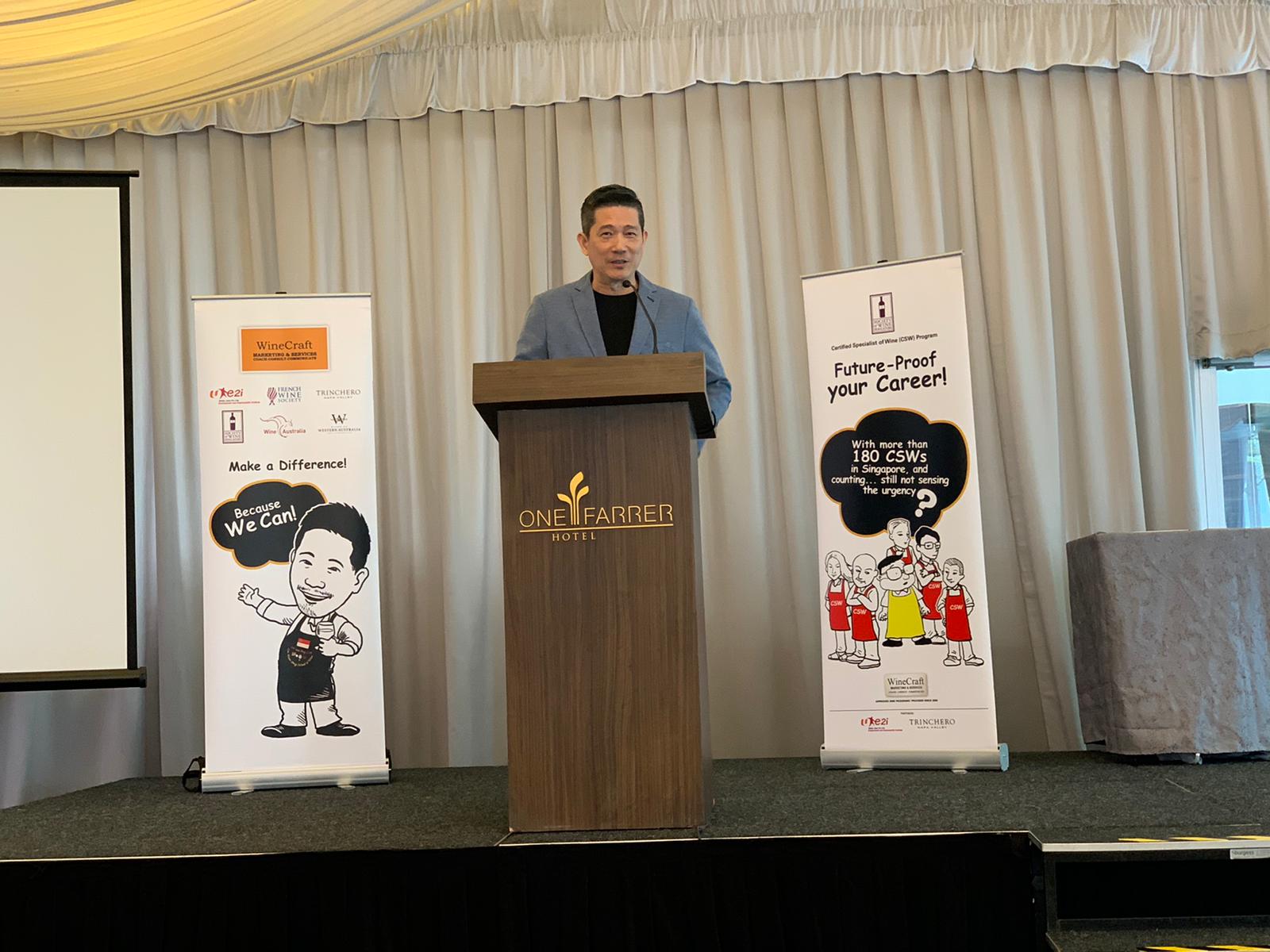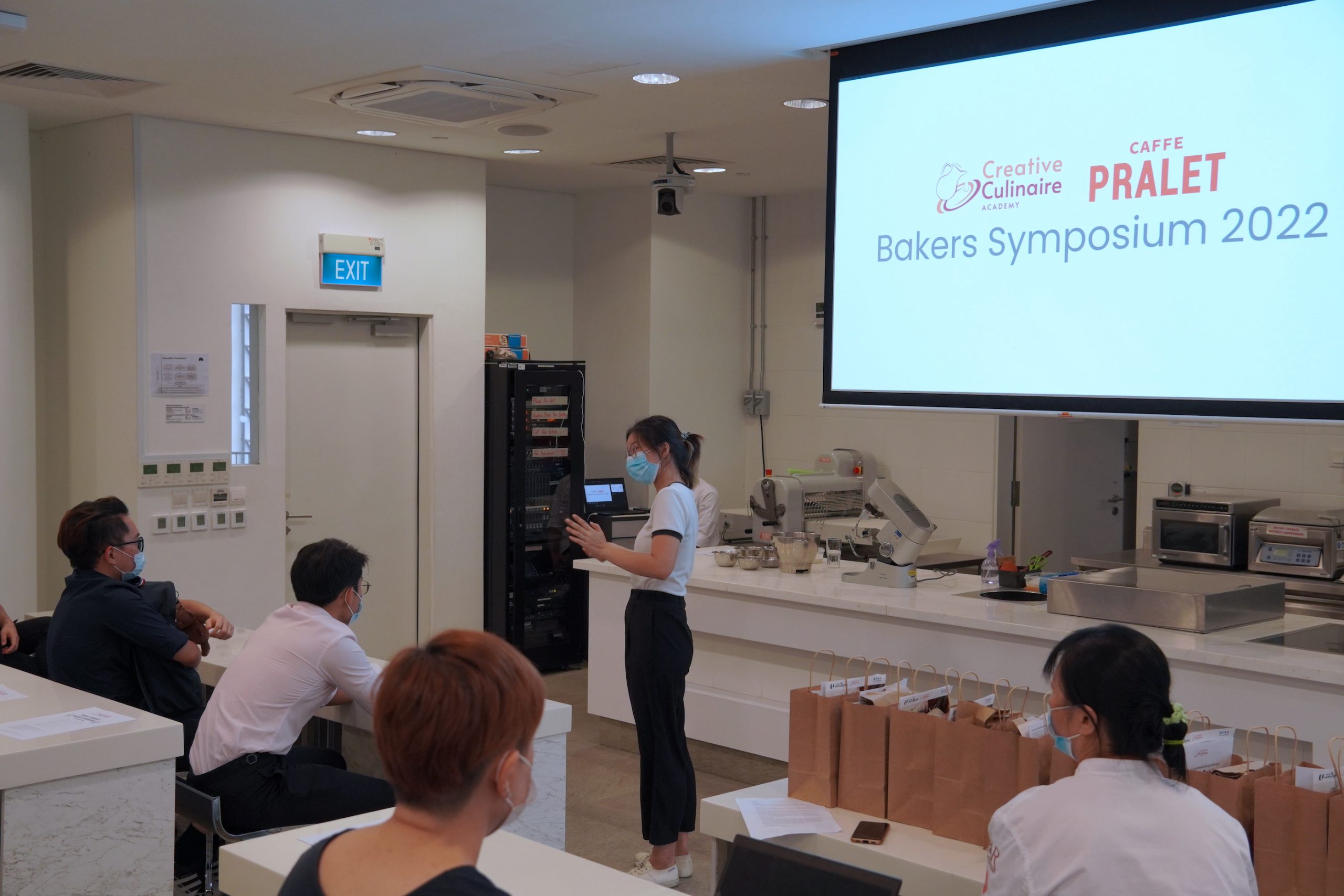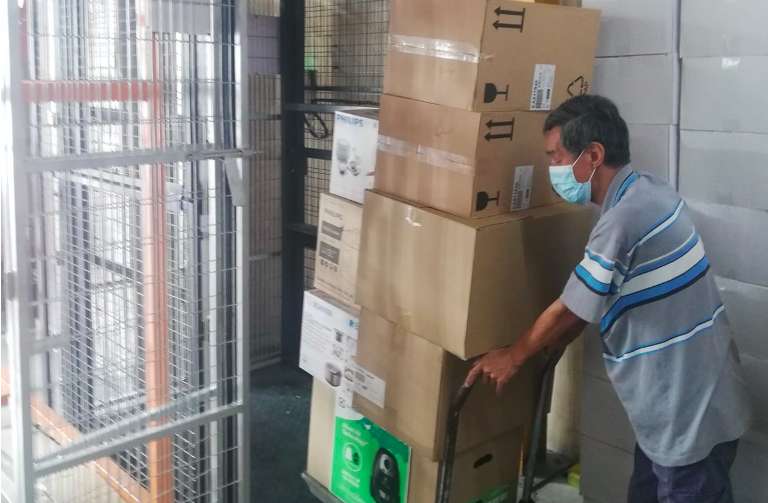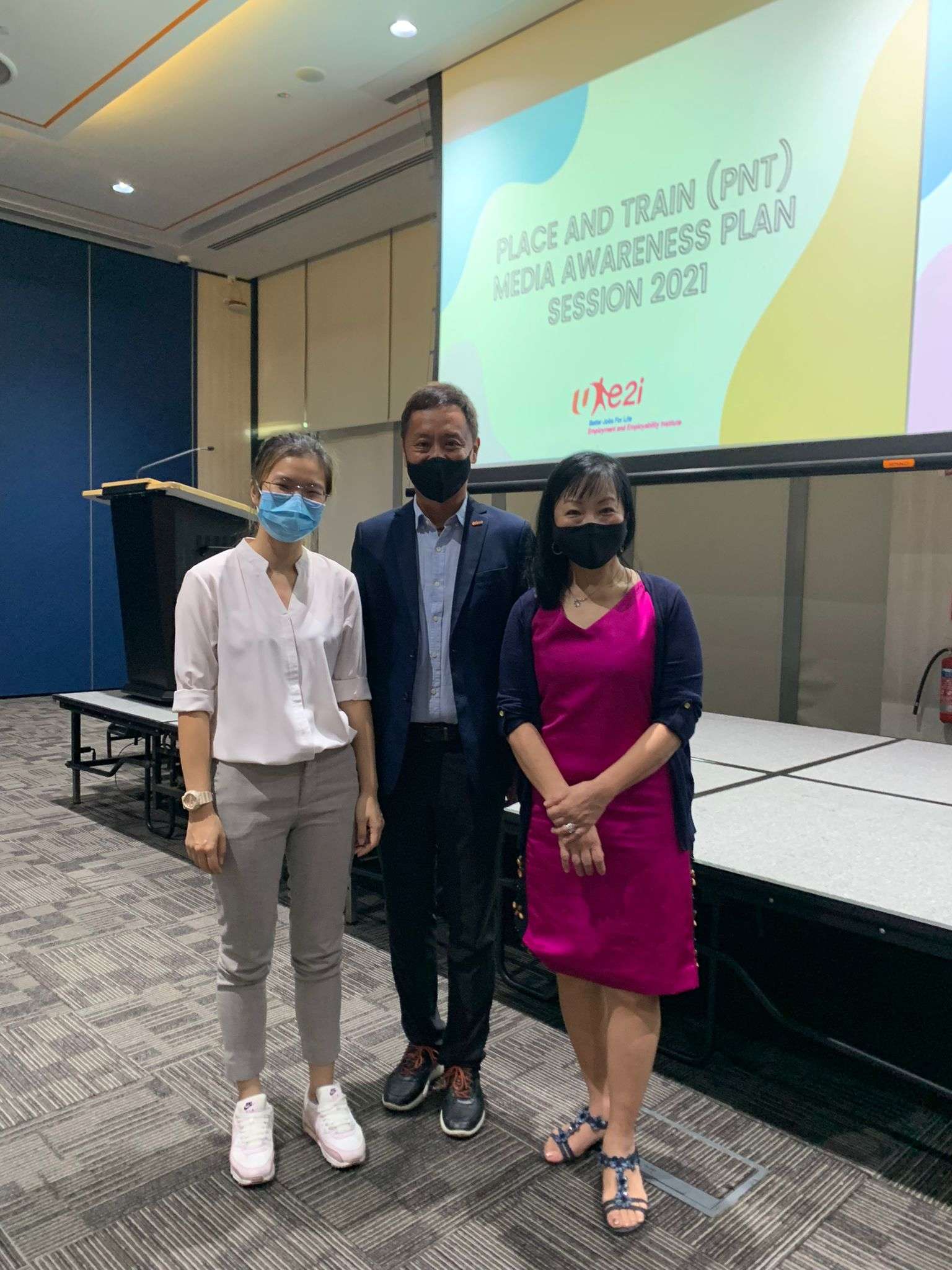The Food Services Industry Transformation Map (ITM) 2025 and the Food Manufacturing ITM 2025 were launched on 19 May 2022 and 14 December 2022 respectively by Minister for Trade and Industry, Mr Gan Kim Yong and Minister for Manpower & Second Minister for Trade and Industry, Dr Tan See Ling. Both ITMs aim to drive innovation, internationalisation, and development of homegrown regional brands. The refreshed ITMs 2025 will shift the focus towards catalysing innovation to create new revenue streams among enterprises and encourage ready and able food companies and food & beverage service establishments to capture new growth opportunities domestically and internationally. Digitalisation and adoption of manpower-lean strategies will be the future trend to achieve the aims and focus of the refreshed ITMs under the pressure of challenges and uncertainty due to the pandemic, worldwide recession, trade, and physical war situation.
Since the inception of the ITM for both Food Services and Food Manufacturing in 2016, both sectors have seen good progression in the following areas: (a) Internationalisation whereby the establishment of new market entry models via collaborations with local and overseas partners resulted in domestic exports growing at a compound annual growth rate of 3.3% from 2016 to 2019; (b) Innovation – the setup of FoodInnovate in 2018 has facilitated the launch of more than 650 new innovative products and services in both sectors; (c) Digitalisation and Productivity – the industry has made good progress in digitalisation and productivity improvements. In 2021, close to 90% of food services SMEs adopted at least one digital solution. This was following the launch of the Food Services Industry Digitalisation Plan (IDP) by Enterprise SG and Infocomm Media Development Authority (IMDA) in 2018; (d) Talent Development – workforce from both sectors were upgraded through the skills framework for Food Services and Food Manufacturing and Career Conversion Programme (CCP). To date, more than 2,600 individuals have been upskilled and reskilled through various initiatives by SkillsFuture Singapore and Workforce Singapore (WSG) as part of the first iteration of the Food Services ITM.
One of the strategies for ITMs 2025 is to step up job transformation and create quality roles for locals. To achieve that, the Singapore Jobs Transformation Map (JTM) was also unveiled during the launch of ITMs to enable employers to equip their workforce with the necessary skills and offer new job opportunities in tandem with transformation efforts. The JTM also mapped out strategies to uplift wages, particularly among lower wage roles such as food handlers, production line operators etc, reduce reliance on foreign workers and create more quality jobs for locals. The JTM identifies the trends and impact on key jobs within the sector over the next three to five years. It recommends strategies that companies can adopt to enhance the competitiveness and capabilities of their talent pool to support business transformation efforts. Within the next five years, close to a quarter of the 22 job roles studied in the JTM will undergo some change and require job redesign for enhanced scope or responsibilities. Examples of roles include Production Operator, Maintenance Technician, Production Supervisor and QC Technician. Potential skills top-ups include Process Improvement, Risk Management and Customer Behaviour Analysis5 for these roles. Eight new or emerging roles have also been identified through JTM, these include Novel Foods Technical Services Manager, Food Technologist, Automation Engineer, Sustainability Manager etc. Potential skills needed for these roles include Laboratory Data Analysis, Novel Food Production Design, Automation Design and Sustainability Management.
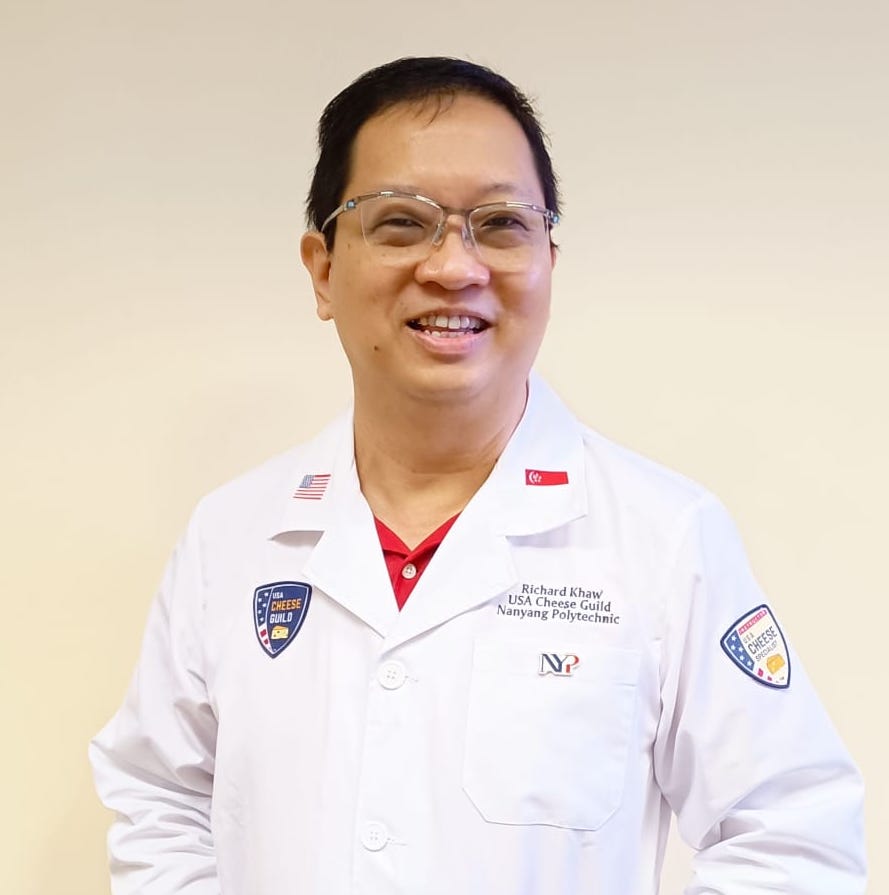
In addition to ITMs for both sectors, Singapore has also embarked on a “30 by 30” goal to strengthen our agri-food industry’s capacity and capability so that we can sustainably produce 30% of our nutritional needs locally by 2030. This is an ambitious goal for land-scarce Singapore where about 1% of our land is for agri-food production. To achieve our “30 by 30” goal, we will need to significantly transform Singapore’s agri-food sector. One of the key ingredients to help us achieve our “30 by 30” goal is continuous investment in our people. As a small city-state with limited resources, Singapore’s winning strategy has always been to develop our one best natural resource – our people. As Singapore pursues the “30 by 30” goal, we can expect higher-value jobs to be created in the high-tech agriculture industry. For instance, it is projected that by 2030, about 4,700 new and redesigned jobs will be created in the industry. Of these, about 70% of the jobs are expected to be filled by skilled workers and PMETs. To support the industry’s growth, we need high-quality talents with relevant skills in urban food production as well as multi-disciplinary expertise in science, engineering, and info-communication.
To align with the national initiatives in JTM, the global and local economy moves into Industry 4.0 (also known as the fourth industrial revolution), “30 by 30” talent development plans and to address the skills gaps, NTUC envisioned transforming the local workforce to upgrade their skills and knowledge to keep pace with the changes in the work environment through the Worker 4.0. The Worker 4.0 concept which was first introduced by Secretary General, Mr Ng Chee Ming in 2018 identifies a worker with the skills and knowledge to successfully navigate the changes arising from the ITMs and Industry 4.0. The concept aims to equip the workers with a combination of ATT skill sets namely: adaptive skills, technology skills and technical skills. Food Technology 4.0 is one of the new Worker 4.0 initiatives that looks into the career development plan (CDP) of workers in both the food and beverage services industry and the food manufacturing industry. The CDP will eventually ensure better job progression, better pay for Singaporeans, and raise productivity through upskilling.
With an understanding of the required skill sets future workers would require, NTUC’s e2i is working together with the Singapore Institute of Food Science and Technology (SIFST) and the local Institutes of Higher Learning such as Nanyang Polytechnic and Republic Polytechnic towards translating Worker 4.0 into industry-specific goals. A survey has been conducted in conjunction with the SIFST Food Product Award 2022 to understand the skills gap of workers in Food Technology for both the Food Services and Food Manufacturing sectors in Singapore and targeted at identifying the gaps in training and competencies, to better develop training programmes and nurture relevant skills. About 20 local SMEs participated in this survey and we managed to identify the following ATT skill sets for Food Technology4.0 initiatives:
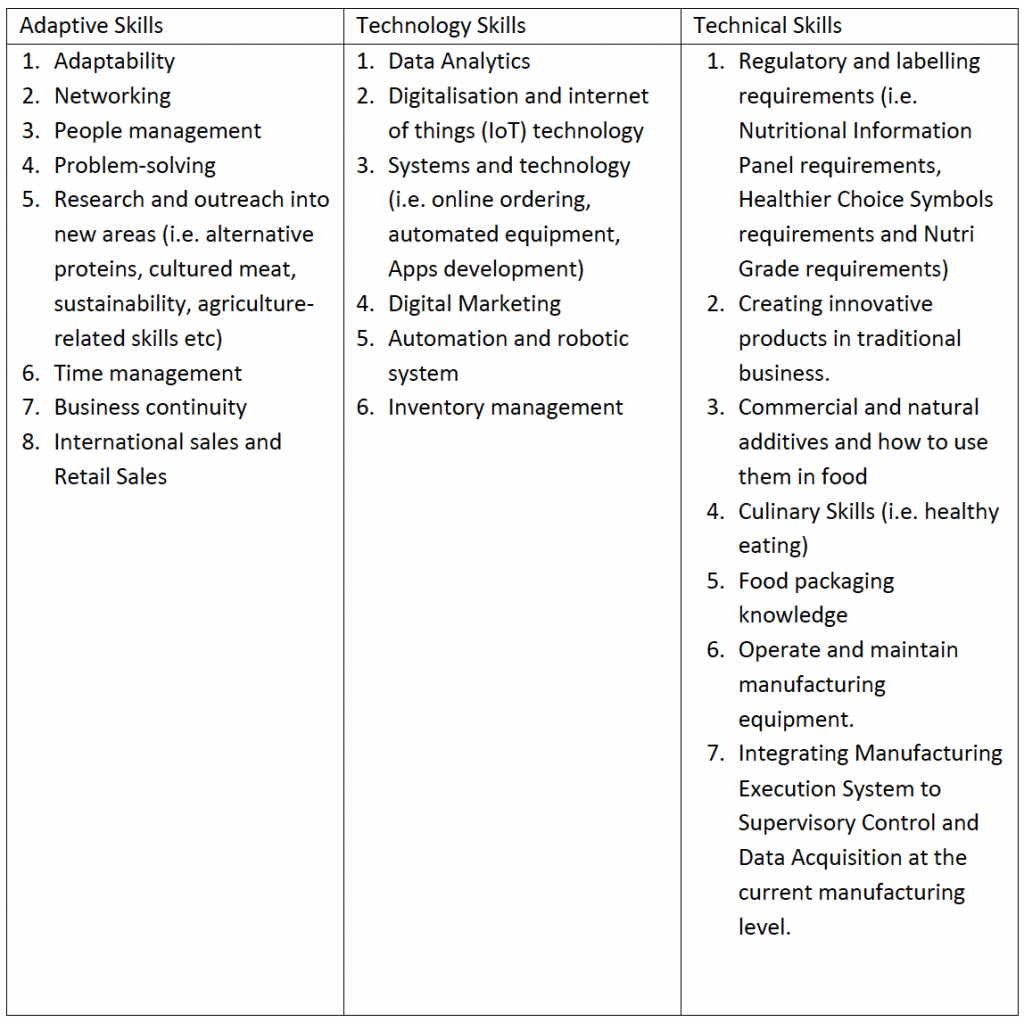
The survey also looks into the preferred mode of training by the employers and also the more effective mode of training for the employees. The following modes of training were surfaced and communicated to training providers and institutes of higher learning:
- Workshops with time allocation for learning and development opportunities identified by the management.
- Dual language-friendly technology training (i.e. English and Mandarin) to upskill older generation of workers
- On-the-job training and attachment programmes
- Targeted and customized training programmes for companies according to the companies’ operation and nature of business.
- In-depth training on subjects such as commercial additives, and food packaging, with know-how strongly aligned with commercial options.
In conclusion, workforce skill sets development is one of the key factors that determine the sustainability of a company. Employers should allocate sufficient resources and budget for employees’ skill development in emerging areas. Government agencies such as EnterpriseSG, WSG and SkillsFuture Singapore (SSG), along with partners such as NTUC, will continue to support more companies to redesign jobs, reskill and upskill workers for the roles identified in the JTM.
